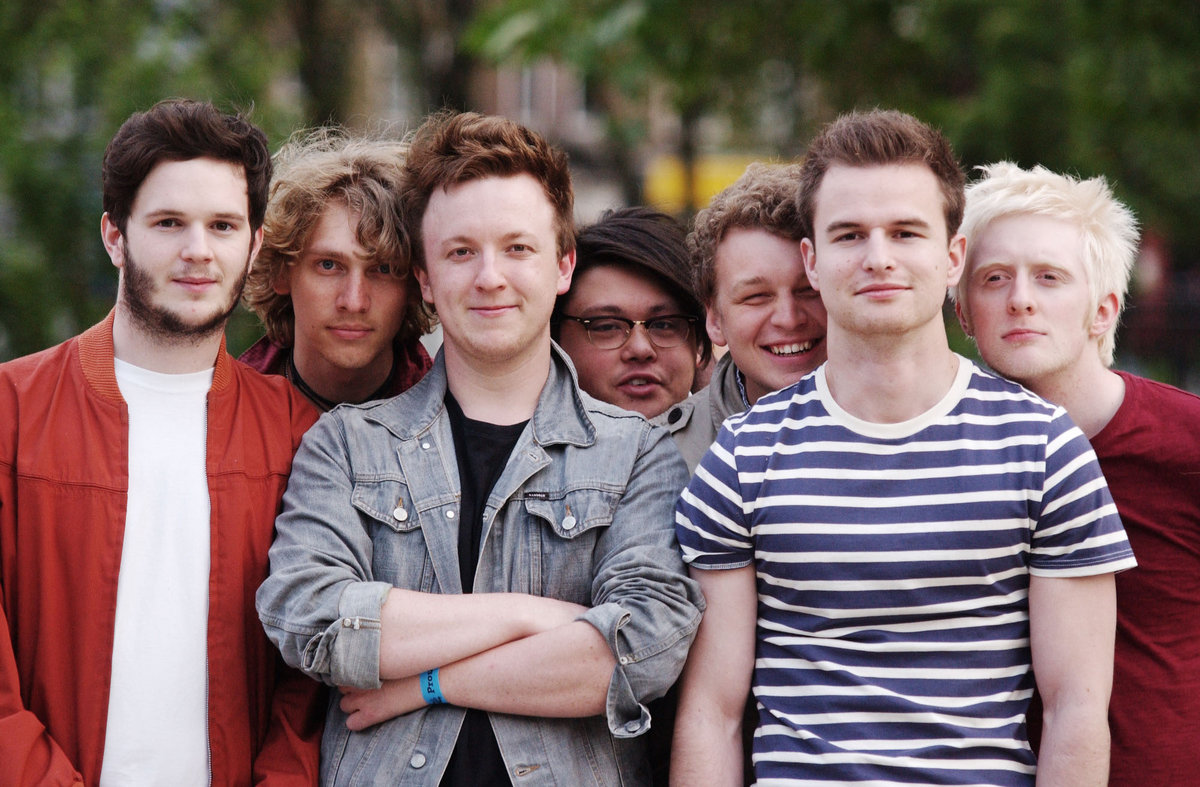
Their rich, literary novels explicitly depicting the sex lives of gay men didn’t just turn me into a reader – they served as a master class in queerness. Through their stories, I was able to experience gay sex through the lens of an anthropologist though often, my reading felt way more exhilarating than research. I started buying books by authors like Edmund White, an Officier de l'Ordre des Arts et des Lettres in France, and Alan Hollinghurst, the 2004 Booker Prize winner, for guidance on the intricacies of gay desire. I figured this must be why gayness was feared. I didn’t have a foundation to compare with his satire and hyperbolized characters. I wasn’t informed about the nuances of gayness, including the particulars of two male bodies getting it on. Much of Kramer’s novel went over my head. The cashier didn’t appear to believe my plan to prank my brother, but I was allowed to buy the book. I picked it because of the torsos on the cover the title assured me of the context. Years later, I moved to New York and bought a novel titled Faggots by Larry Kramer. Entering the world of explicit queer literature I didn’t forget the literature I saw it existed as proof of a distant civilization. My phone rang and I rushed out of the store, so nervous that my mom accused me of being on drugs. Gayness existed as a profitable entity and community, void of insult or sin (unless ironic). But I was wrong – they were sold here as commercial reading material. I peered at book covers of ideas and themes I assumed were forbidden. I couldn't help but look over my shoulder I needed to make sure the coast was clear for my thoughts.


I browsed books to pass the time, and when some of the novels’ titles started sounding odd I panicked I had wandered into the upstairs gay corner of the store.įor a young man not yet out of the closet – I was too afraid to search for gay erotica, thinking my computer might somehow alert the FBI or get tainted beyond the repair of clearing my browser history – the desire I felt, opening and reading those pages, seemed dangerous. One day, my mom was late to pick me up, so I lingered in a bookshop. As American teenagers, my friends and I hung out at the mall on weekends doing what older teens with driving licenses called 'loser laps' – walking around aimlessly until we’d meandered around most of the shops, then walking around them again.


 0 kommentar(er)
0 kommentar(er)
